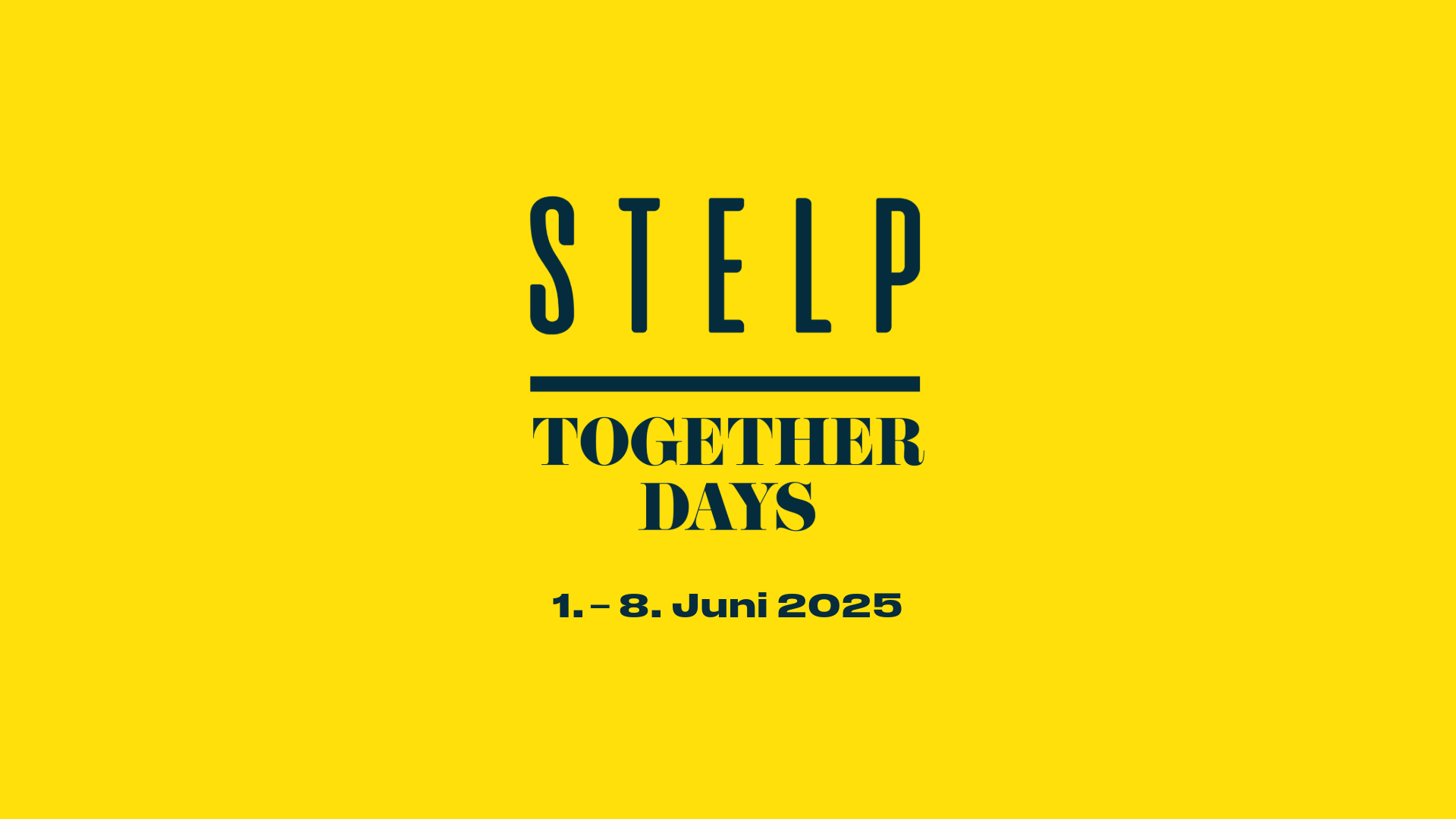We are now active on three continents and in 15 countries. Our goal: to help as quickly and efficiently as possible. How does this work? Thanks to our partners in the countries where we are active! They speak the local language, are well connected, have important contacts, and, above all, understand the local conditions. To get to know our so-called “Supporters on Site” better, we introduce them to you in our interview series.
One of them is Gaby from Nepal, whose association we support in running children’s homes for girls, among other things.
STELP: Could you briefly introduce yourself and tell us in which country you work with STELP?
Gaby: I’m Gaby Krüger from Esslingen and chairwoman of Surya Kiran – ein Sonnenstrahl für Kinder e.V. After the major earthquake in Nepal in 2015, we set up two children’s homes for girls from the poorest backgrounds to protect them from child labor, early marriage, and trafficking to brothels in India. In the children’s homes, we provide them with a protected childhood and space for learning, playing, and personal development. All 28 girls attend the SDB School, a private secondary school in Kathmandu, Nepal.
Additionally, we ensure access to education for other children at this school through school sponsorships. Furthermore, we improve learning opportunities at the school through various (construction) projects.
STELP: What do you do for a living?
Gaby: I’m a freelance Ayurveda therapist.
STELP: How did you get involved with STELP, and how long have you been a ‘Supporter on Site’?
Gaby: I got to know STELP in 2019 at the Stuttgart Non-Profit Forum. This led to a wonderful partnership from the summer of 2020 onwards. STELP played a significant role in enabling us to admit more girls by building the second children’s home. Additionally, STELP supports the girls who go to college or undergo vocational training after the 10th grade with an education fund.
STELP: Why is your project so important to you?
Gaby: I first visited Nepal in 1991, and since then, the country has never let me go. I’ve been to Nepal 16 times now and have experienced the beautiful aspects of its nature, impressive culture, and friendly people, but also the bitter poverty and being trapped in old traditions. Girls, especially, are disadvantaged in poor families; they have to take care of their younger siblings early on and help with household chores or in the fields. Many are married off early, which perpetuates the cycle: working in the husband’s household, having children early, no education… That’s why it’s so important to me to give these girls a childhood and access to school and vocational training. This is the only way to break the cycle of poverty, because their children will not be uneducated!
STELP: What kind of work do you enjoy most in your project?
Gaby: The most beautiful thing for me is the personal contact when I see the girls during my regular visits on site. Knowing where they come from – from what poverty (some from families living in garbage dumps and surviving on garbage) and from what precarious family situations – and seeing the personalities they develop into, makes me happy every day. To give these girls a future, a trusting cooperation with our local partner, Anupendra Acharya (headmaster of the SDB School), is important. Working together with him and my fellow board members to make a difference is deeply satisfying!
STELP: Do you have a life motto?
Gaby: “I can’t get more than a no!” Meaning: I always want to know everything and always ask questions, try to achieve things that are important to me, and if something really isn’t possible, I accept it!




